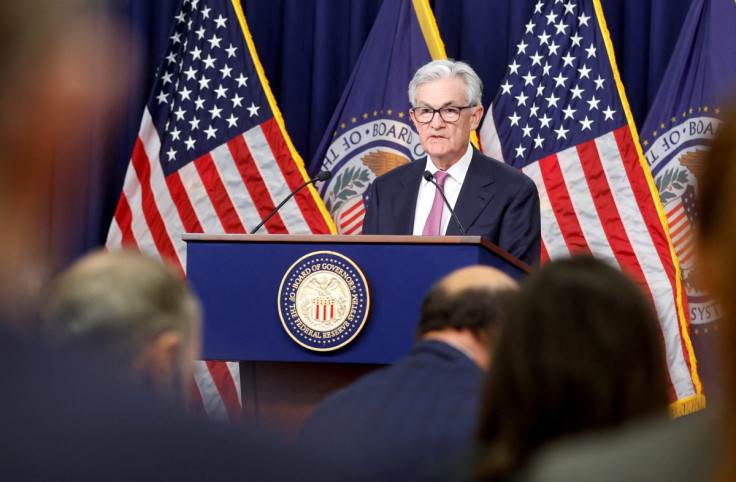
Increased immigration to the U.S. is set to boost the length the labor market can go without overheating or stoking inflation, Bloomberg reported last week.
The outlet explained that a concept known as neutral payrolls growth, that is, how fast they can grow without tightening and increasing wage pressures, gets more leeway with immigration.
Concretely, the figure is now between 160,000 and 265,000 jobs a month. It's significantly higher than the roughly 100,000 that Federal Reserve Chair Jerome Powell set in 2022 and within the margin for the average monthly gains of 2023, 251,000.
A median of economists surveyed by Bloomberg expect payrolls to have increased by 213,000 in March following a 275,000 gain in February. However, year-over-year wage growth is also seen easing.
The outlet added that this scenario is similar to what happened last year, when figures routinely topped estimates but pay gains moderated, same as the overall inflation rate. "Migrants have increased labor supply and typically fill lower-paying jobs, keeping aggregate wage measures tame," Bloomberg added.

Large companies have also credited immigration with boosting the economy in general. Goldman Sachs Group Inc. recently presented its updated predictions for economic and employment growth in the United States this year, adjusting for an accelerated rate of immigration.
The company now forecasts a 2.4% year-on-year increase for US gross domestic product in the fourth quarter, a 0.3 percentage-point improvement compared to the previous estimate.
"One likely reason why GDP growth was stronger in 2023 is that immigration ran well above the recent historical average, boosting the size of the labor force and potential GDP," Goldman economist Ronnie Walker wrote in a note. The Congressional Budget Office (CBO) more than doubled its estimate of immigration for last year to 3.3 million people and expects a similar amount in 2024.
In February, the CBO said that immigration is poised to inject a staggering $7 trillion into the gross domestic product over the next decade. This boost would be driven by the push newcomers are giving to the labor force and consumer spending.
The Congressional Budget Office (CBO) had delivered a similar view in February when the nonpartisan agency announced that immigration is poised to inject a staggering $7 trillion into the gross domestic product over the next decade. This boost would be driven by the push newcomers are giving to the labor force and consumer spending.
The impact of the surging immigration was also highlighted by Janet Henry, global chief economist at HSBC Holdings Plc. In a note to clients in March, Henry said that "the impact of migration has been an important part of the US growth story over the past two years".
© 2024 Latin Times. All rights reserved. Do not reproduce without permission.







